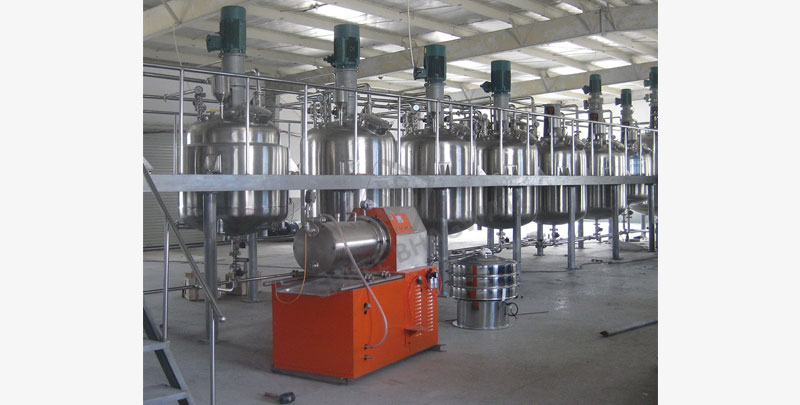Pharmaceutical Machinery That Has Changed the Medical Landscape in Nigeria
hree levels of pharmaceutical manufacturin g and marketing can be identified in the country of Nigeria. These include;
Primary Production
This is the level of processing of raw materials to extract active ingredients, additives, excipients and other substances used in pharmaceutical formulations. This process of primary manufacturing involves chemical, biological and physical processes that are assisted by different kinds of machines and technologies to achieve the required active ingredient that have therapeutic effect. The process is also seen as expensive and involving since high quality formulation must be achieved and in accordance to the stipulated quality systems. Some of the equipments applied in this process include heat exchangers, reaction kettles, ribbon blenders, filters and drier machines.

Secondary Production
This is the large scale production of the various dosage forms including tablets, capsules and other drug delivery models from the primary production process. The raw material from this process can be from local sources or imported in bulk for further processing. This process is considered less demanding from a technical perspective, but higher capital expenditure due to high level of mechanization and automation.
The process requires modern equipments with high precision levels and speed to rapidly manufacture pills, capsules, gels and liquid formulations in large quantities. The equipments involved in these operations from Bhagwati pharma include; liquid filling machinery, blister packing machinery, tablet press equipment, capping machines, product and packaging inspection machines and other important related products such as roller conveyors, reactors and formulation storage vessels.

These equipments have been designed to meet the required International GMP standard, and also function efficiently to produce large quantities at low unit cost. This also serves to explain the high demand for pharmaceutical equipments from India.
Tertiary Industries
These are complimentary industries including packaging and labeling finished products derived from primary and secondary manufacturing processes. It involves packaging into bulk packages, smaller retailing packages, bottles filling and complete dosage units. High quality standards must also be maintained for the filling and packaging systems similar to the primary and secondary manufacturing stages. In addition, tertiary manufacturing can address certain local needs such as region specific formulations, special labeling requirements and certain packaging needs for that may be required in specific counties.
Pharmaceutical Manufacturing Regulations in Nigeria
The manufacturing of pharmaceutical and cosmetic products in Nigeria must be registered according to the required legislation such as the provisions of “ACT CAP F33 LFN 2004”. One of the most important steps in the process of compliance is having the factory and manufacturing equipments inspected by relevant inspection directorate and a certificate of recognition issued , before the products can be registered. The machines from Bhagwati pharma including have been proven to meet all international quality standards in line with the requirements of the inspection directorate of Nigeria.
Addressing Drug Shortages in Certain Counties
There have been cases of shortages of drugs occasioned by various factors. Lack of sufficient primary and secondary industries that produce high quantities and volumes of these formulations is one of the identified causes of the shortages. Pharmaceutical and cosmetic equipments from Bhagwati pharma are readily available to interested investors in Nigeria and address the shortage gap.
















